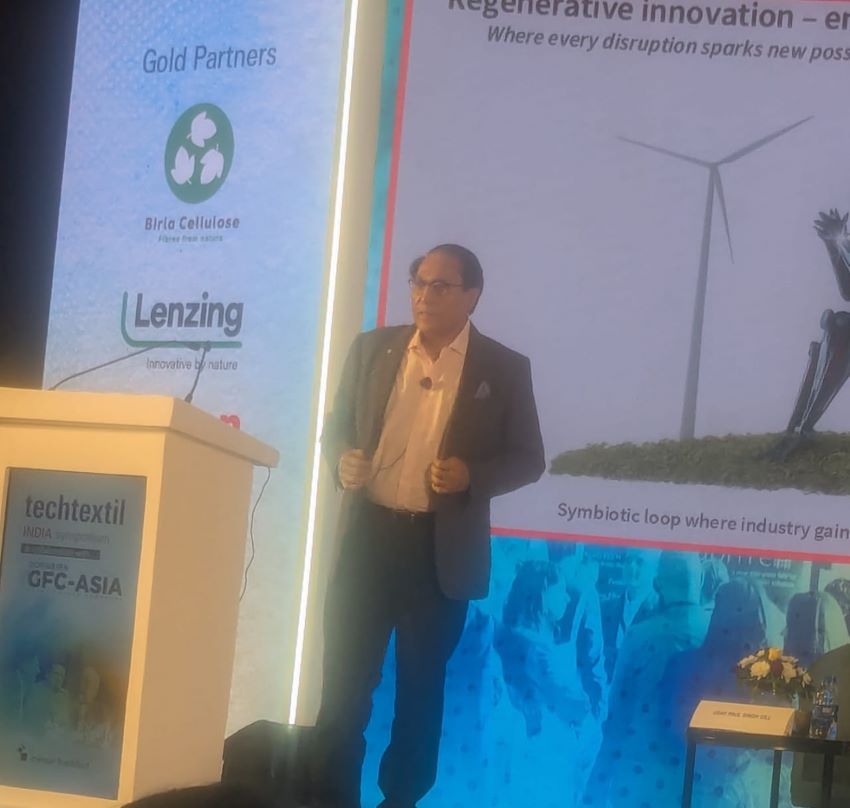
As the global fashion industry prepares to embrace greener practices, manufacturers in low-income countries are feeling the heat of the European Union's Corporate Sustainability Due Diligence Directive (CSDDD). The directive, aimed at making global supply chains more sustainable, has manufacturers worried about bearing the brunt of the cost and complexity.
The cost of going green
The financial implications of the CSDDD are significant. The fashion industry will need to invest over $1 trillion to transition to net-zero emissions. The Apparel Impact Institute (Aii) has created the Fashion Climate Fund to help suppliers with energy and water efficiency, but smaller producers might struggle to meet specific brand benchmarks.
Pressure on suppliers
These regulations, aimed at making global supply chains more sustainable, are expected to significantly impact garment factories and textile mills across Asia, which are often cited as major contributors to the industry's pollution.
Bangladesh, the world's second-largest clothing exporter, is particularly vulnerable, given its ongoing political transition and the economic challenges faced by its garment industry. Abdullah Hil Rakib, Managing Director, Team Group, a major Bangladeshi clothing supplier, stressed the need for support from both global buyers and the government to achieve a successful green transition.
For the fashion industry, this translates into a significant onus on factories in countries like Bangladesh, Pakistan, and Cambodia to address gaps in labor rights, human rights, and environmental protection. International brands will need to collaborate closely with these suppliers to meet the new requirements.
The CSDDD requires major European brands to ensure their suppliers are conducting due diligence to protect workers and communities from the adverse effects of their operations. Failure to comply could result in significant financial penalties. Industry associations and government agencies can encourage a collaborative approach between brands and suppliers. Bangladesh's garment makers' association, BGMEA, has taken the initiative by setting up the Responsible Business Hub and creating a platform for data collection and sharing.
Challenges and concerns
Financial burden: Manufacturers in developing countries often operate on thin margins and may struggle to finance the necessary investments in green technologies and practices.
Legal and regulatory complexities: The CSDDD will necessitate a raft of legal changes in producing countries, which could be a lengthy and complex process.
Capacity building: Smaller producers may lack the knowledge and resources to understand and implement the necessary changes.
Worker protection: The directive also aims to improve labor conditions, but ensuring effective implementation and enforcement remains a concern.
Meanwhile union leaders in Bangladesh are awaiting the implementation of the CSDDD to assess its impact on workers. They are demanding clear channels for addressing grievances and upskilling programs for workers. Kalpona Akter, executive director of the Bangladesh Center for Workers Solidarity, also highlights the need for support in dealing with climate impacts like flooding and heat.
Despite the challenges, the CSDDD also presents an opportunity for manufacturers to push for ethical commercial practices and more favorable contracts from international brands. Bangladesh, with its experience in improving worker safety and environmental standards, sees the directive as a way to maintain its position as a key sourcing choice.












